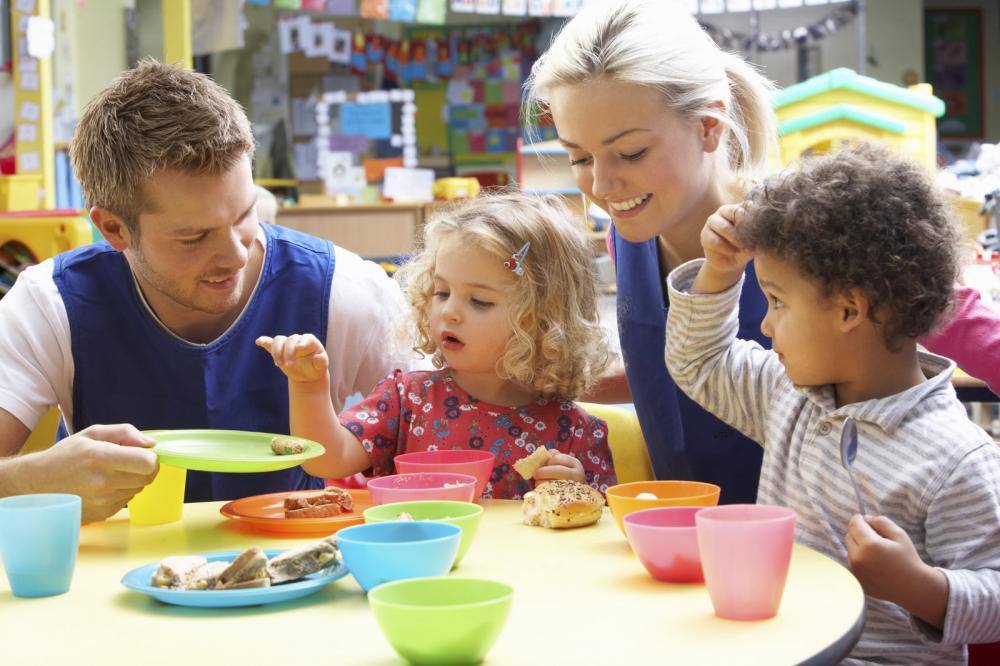![The Importance of Socialization for Kids Children develop social skills at different rates. For some children, socialization comes naturally while others require some help. It’s tough for children because it doesn’t just depend on their actions but also on the reactions of those around them. If a child experiences rejection or even cruelty when they’re trying to socialize, they’ll retreat and […]](https://www.wholechilddevelopmentcenter.com/wp-content/uploads/2019/08/Pre-school-Kids.jpg)
Children develop social skills at different rates. For some children, socialization comes naturally while others require some help. It’s tough for children because it doesn’t just depend on their actions but also on the reactions of those around them.
If a child experiences rejection or even cruelty when they’re trying to socialize, they’ll retreat and seek comfort amongst the people they know (parents, nanny, etc.).
Rejection isn’t just painful for a child; it’s also heartbreaking for parents. No parent wants to see their kid struggle to make friends. When it comes to socialization, parents and educators need to think about the long-term.
If a child is struggling to connect with others at this young age, how will it affect them in the future? How will it impact their academics? Can it lead to health problems?
The answers to all these questions are simple. The ability to socialize is a necessity in modern society. From school to their workplaces, people need to be able to meet people and build healthy, mutually beneficial, long-lasting relationships.
Let’s take a closer look at why socialization is so important from a very young age:
1. They Learn What It’s like to Be Part of a Team
Very few people work by themselves as an adult. Whether you’re a corporate employee or an entrepreneur, you’ll be expected to work with others. The sooner a child masters socialization, the sooner they’ll learn how to be a part of a team. They’ll take turns when speaking, learn how to share and show respect. They’ll learn what it takes to be a good friend and begin to identify boundaries.
2. They’ll Learn How to Solve Problems as a Team
Good educational institutions begin working on children’s reasoning and problem-solving skills at a very young age. Children learn to work together to solve problems by developing strategies and trial-and-error.
3. It Promotes the Development of Language Skills
The exposure to a range of words leaves an imprint on a child’s mind which helps build their vocabulary and gives them a solid foundation to further develop their language skill.
 The more your child communicates with others, the better their verbal skills get. Educational institutions and many childcare facilities implement language arts curriculums into their schedules. These curriculums usually consist of creative play, story time, in-class discussions and other fun ways to encourage children to converse with one another.
The more your child communicates with others, the better their verbal skills get. Educational institutions and many childcare facilities implement language arts curriculums into their schedules. These curriculums usually consist of creative play, story time, in-class discussions and other fun ways to encourage children to converse with one another.
Children that lack verbal skills tend to get frustrated and begin isolating themselves.
The Whole Child Development Center has developed curriculums that play to children’s strengths. We encourage socialization by engaging children with interactive play and other language development techniques.
Learn about our classrooms for infants, toddlers, pre-school kids and kindergartners and contact us for more information.







Leave a Reply
You must be logged in to post a comment.